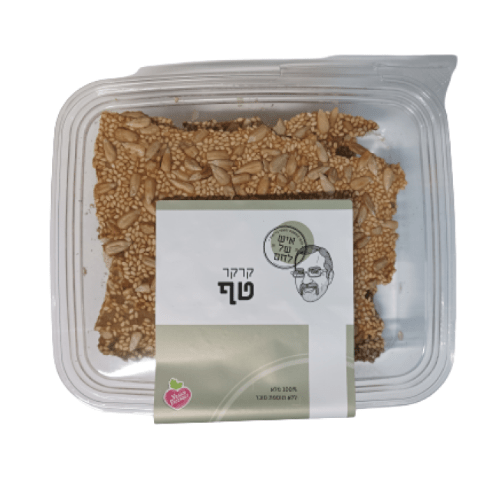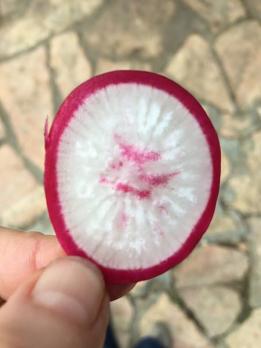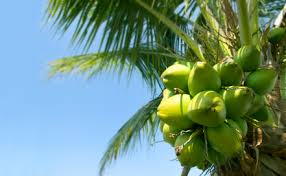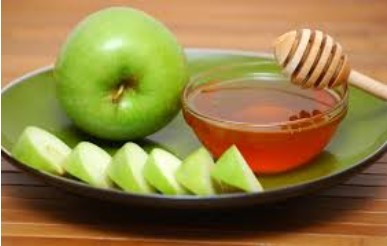As you may recall, amongst the bounty of fresh fruits and veggies in our garden, we're also committed to bringing you additional organic, natural products—oils, spreads, or baked goods—from top-notch boutique producers you won't find at your local supermarket.
So, today, let me introduce you to the organic crackers produced by 'Ishelehem.'
Before we embark on the delights of 'Ishelehem' crackers, let's pause for a moment to unravel the mystery of this curious creation known as a 'cracker.' What's the deal with it, and how did it find its way to our tables?
Essentially, a cracker is a rather unassuming treat. We typically view it as a carrier for spreads, not a star in its own right. It's often labeled as a diet-friendly snack, although this thought is a bit misleading and not entirely accurate. It's the sort of thing that usually resides quietly in your pantry, not exactly igniting much enthusiasm.
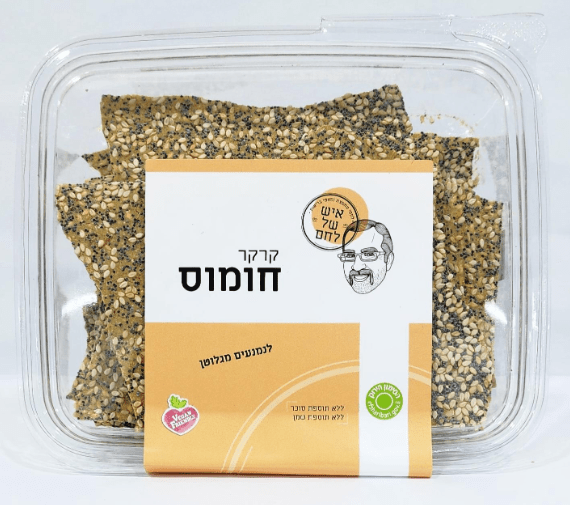
But now, 'Ishelehem' crackers are a game-changer. Bear with me, as we dive into the fascinating evolution tale of crackers—a journey through history in a bite-sized package.
Similar to many products I review here, the cracker traces its roots back to the discovery of America—albeit not in the way you might assume. When the Spaniards set foot in America, there weren't Indigenous folks munching on crackers. It's a more indirect influence.
To get the full scoop on the cracker's story, let's rewind to the beginning of modern navigation. The concept of ocean-crossing was a novel idea. For over 4,000 years, when Asians and Europeans ventured into the sea, they stayed near the coastline or 'hopped' between islands in the Mediterranean.
Albeit not exactly a picnic, but land was always within a few hours' reach, ensuring a constant supply of fresh food. Until the end of the first millennium, Westerners weren't keen on undertaking long sea voyages (folks in the Pacific Islands had been making long journeys on rafts during that time, but conditions there were different, and they were completely disconnected from the 'old world').
The first to dare, cautiously, to deviate from this concept and sail in open waters were the Vikings. In the Middle Ages, Portuguese and Dutch sailors started to venture a bit more, large ships designed for open-sea sailing were developed, allowing Columbus to discover America—transatlantic crossing became routine. We're talking about voyages that sometimes lasted three months at sea, and suddenly sailors were faced with a new challenge — how to feed the crew during the long journey.
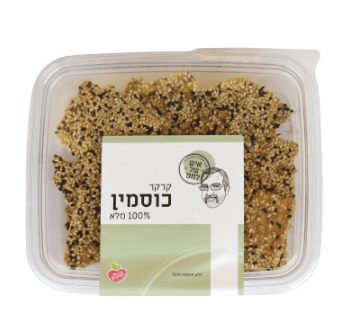
The beginning was tough; throughout the 16th century, many sailors ended their lives at sea. The bread and flour kept growing mold; the salted meat was tough and salty to the point of being almost inedible, and the lack of fresh vegetables caused scurvy to break out. In short, sailors during the 16th and 17th century died young.
But now, we're in the 'age of enlightenment,' and various attempts have been made to solve the problem. Techniques for preserving meat improved; ships used to stock a large supply of onions, a non-perishable vegetable rich in vitamins (and sailors were forced to chew raw onions); the bread issue remained a problem. We don't know who first came up with the idea, but since the early 18th century, British ships adopted a new technology.
Instead of dealing with fresh bread and flour, a kind of salty, dry, and crisp biscuit was developed, which, unlike fresh bread, could be stored for many months. In terms of the sailors' (and travelers'), this biscuit was a gamechanger, it made crossing the Atlantic much safer nutritionally. Later, what began as a standard among sailors was also adopted outside the context of ships.
By the way, the first to "civilize" the cracker were the English settlers in North America. It's easy to understand why—they survived on this during the journey, identified its potential, and enjoyed the acquired taste.
In 1801, a manufacturer from Massachusetts named Josiah Bent established a factory for extremely durable biscuits made from flour and water (with the promise that they would last any sea voyage). The baking process of these biscuits created a strange popping sound and therefore earned the nickname 'cracker.' Since then, they have also become part of the modern human's menu.
Now, let's get to the wonderful crackers of ' Ishelehem.' There are crackers, and then there are 'Ishelehem' crackers. It's a whole different ballgame, crafted from distinct organic flours like spelt or barley, and wrapped in a delightful mix of nuts and grains. They are so delicious that I simply enjoy eating them as they are. In a nutshell, if that slipped by you, I strongly suggest throwing in a sampling of them with your order.

